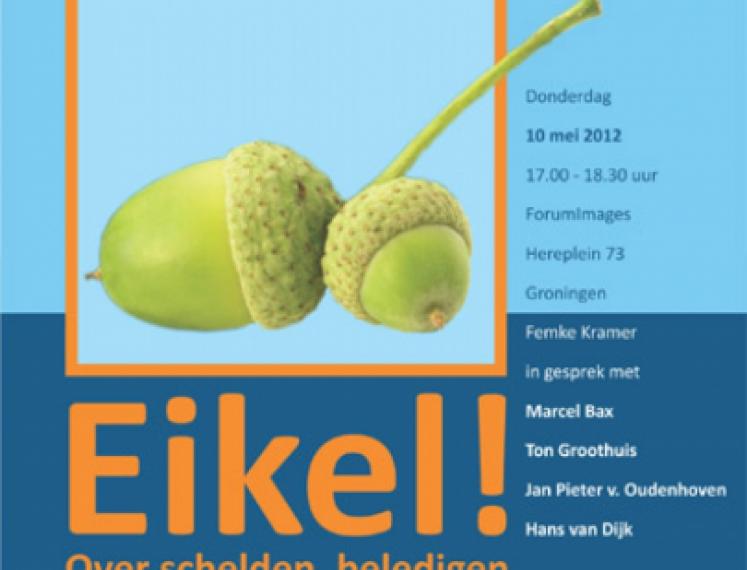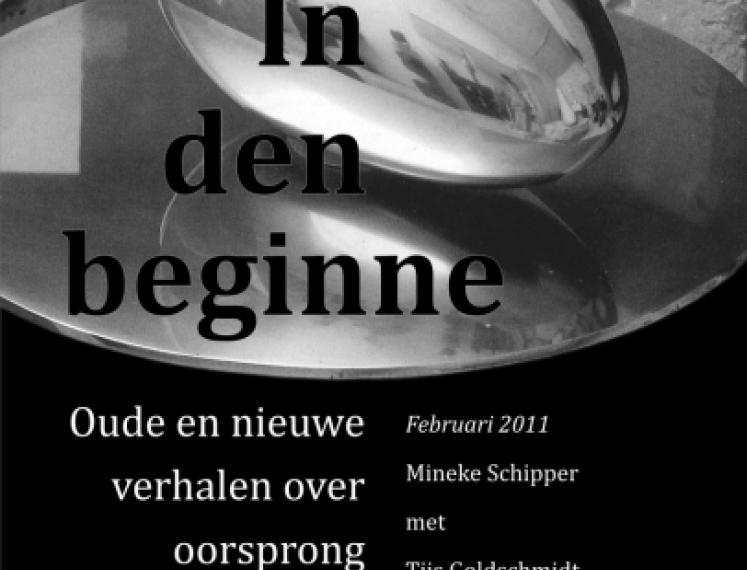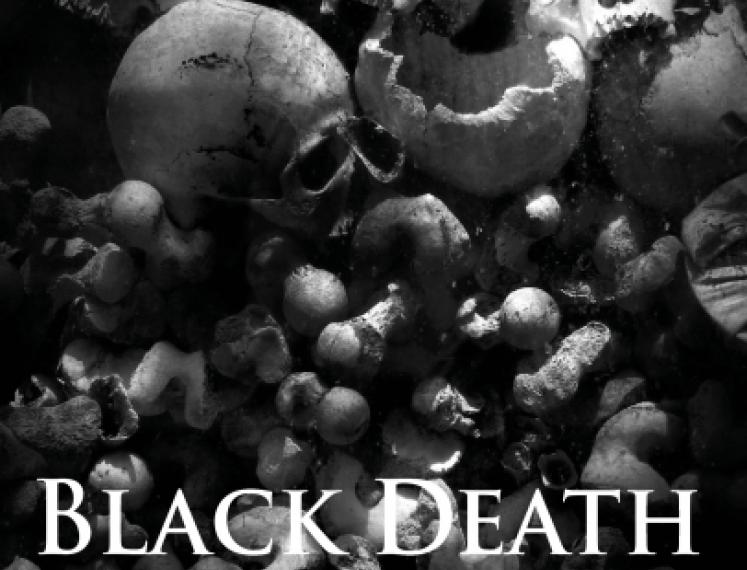New Views on the Classical World
Two lectures which give new views on the Classical World: Pompeii and Millennium.
Pompeii
The Life of a Roman Town
Mary Beard
The ruins of Pompeii, buried by an explosion of Vesuvius in 79 CE, offer the best evidence we have of everyday life in the Roman Empire. What kind of town was Pompeii? What can it actually tell us about life then – from sex to politics, food to religion, slavery to literacy?
Mary Beard’s remarkable book Pompeii makes up an extraordinary and evolving portrait of an ancient town, its life, its myths and its continuing rediscovery. Many myths are being challenged: the vary date of the eruption, the hygiene of the public baths, the legendary number of brothels or the massive death count, maybe less than ten percent of the population.
Mary Beard (1955) is Professor of Classics at the University of Cambridge and is fellow of Newnham College. She is Classics editor of the Times Literary Supplement and author of several original books: The Parthenon, The Colloseum, The Roman Triumph and, last year, Pompeii: the Life of a Roman Town (Pompeii: het dagelijks leven in een Romeinse stad).
Millennium
The Founding of the Modern West
Tom Holland
In AD 900, few would have guessed that the splintering kingdoms of Europe were candidates for future greatness. Hemmed in by merciless enemies and an ocean, there were many who feared that they were nearing the time when the Antichrist would appear, heralding the world’s end.
Instead a new civilisation emerged, based on Christian principles. This was the
age of monks, hermits and serfs, of King Henry IV and Pope Gregory VII and the primal conflict between church and state. The anarchy of these years proved to be the birthpangs of a radically new order. It was a momentous achievement: for this was nothing less than the founding of the modern West.
Tom Holland (1968) is a historian and author of fiction and non-fiction. He published three highly praised works of history: Rubicon: The Triumph and Tragedy of the Roman Republic (Rubicon: Het einde van de Romeinse republiek), Persian Fire: The First World Empire and the Battle for the West (Perzisch Vuur: De eerste supermacht en de strijd om het Westen) and, this year, Millennium: The End of the World and the Forging of Christendom (De gang naar Canossa: De westerse revolutie rond het jaar 1000).
Organised in co-operation with Selexyz-Scholtens



